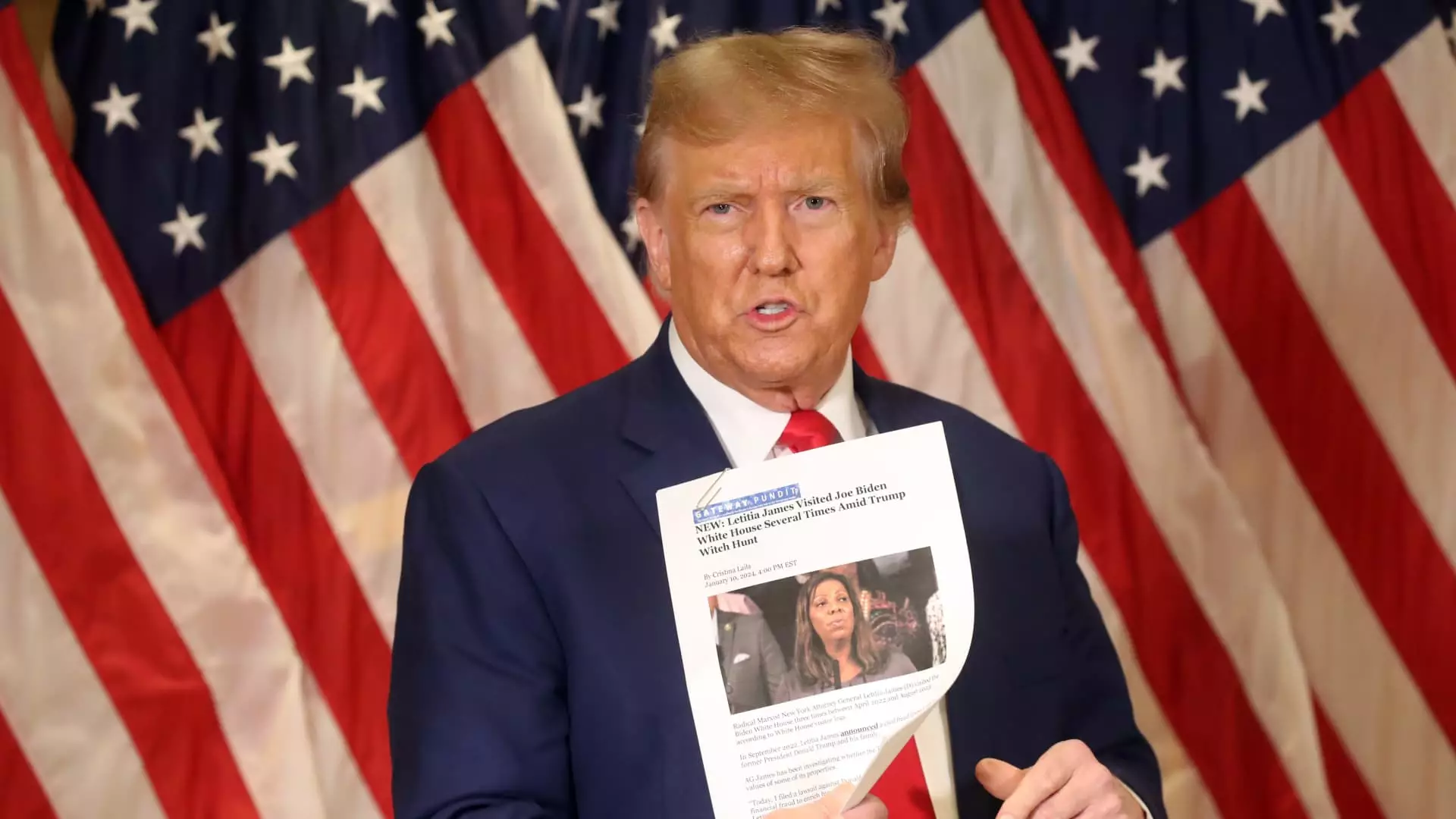The recent court filing by Donald Trump’s lawyers highlights the former president’s financial struggles in obtaining an appeal bond to prevent the seizure of his real estate assets. Despite claims of having over $400 million in cash, Trump’s team was unable to secure a bond that would cover the $454 million civil fraud judgment he faces. The inability to find a company willing to underwrite such a large bond underscores Trump’s financial issues.
Legal Implications
Under New York court rules, Trump is required to post an appeal bond to avoid the attorney general from seizing his properties. However, the filing revealed that the former president’s cash reserves are inadequate to meet the bond requirements. This legal predicament poses a serious challenge to Trump’s ability to challenge the judge’s verdict ordering him to pay the judgment.
Challenges in Obtaining Bond
The court filing detailed Trump’s efforts in contacting approximately 30 surety companies to secure the appeal bond. However, the size of the bond, coupled with the strict collateral requirements, made it virtually impossible for Trump to obtain the necessary financial backing. The limited number of companies approved to underwrite bonds of that magnitude further restricted Trump’s options.
The filing emphasized the rarity of appeal bonds for sums exceeding $400 million, noting that such bonds are typically issued to large public companies rather than private entities. Trump’s privately held organization faced additional challenges in meeting the stringent criteria set forth by bond issuers. The lack of liquidity and cash reserves within the Trump Organization further compounded the difficulty of obtaining the bond.
The filing highlighted the financial constraints faced by the Trump Organization, noting that the company’s liquidity position did not meet the stringent collateral requirements for the bond. The demand for collateral totaling 120% of the judgment, as well as an advance premium payment, posed significant financial burdens on the defendants. The inability to meet these demands further underscores Trump’s financial struggles.
The rejection of the defendants’ proposal to post a $100 million bond signals potential legal repercussions for Trump and his co-defendants. The temporary lifting of certain restrictions by an appellate division judge provides some respite, but the overarching legal battle looms large. The need to secure a substantial bond to prevent the seizure of assets underscores the gravity of the situation facing Trump and his legal team.
The court filing sheds light on the financial challenges and legal complexities surrounding Donald Trump’s inability to obtain an appeal bond. The stringent bond requirements, the lack of financial backing, and the legal ramifications underscore the gravity of the situation facing the former president. As the legal battle intensifies, Trump’s financial struggles and the legal constraints he faces come into sharper focus.

